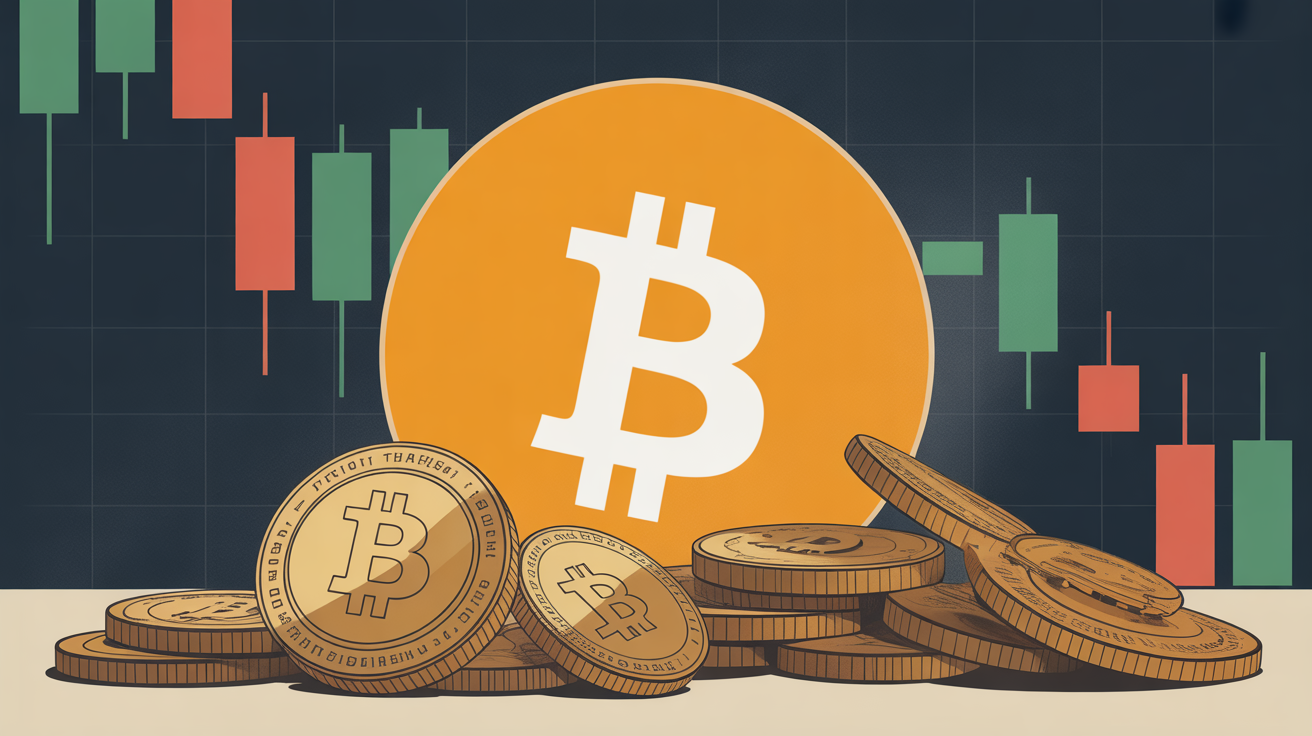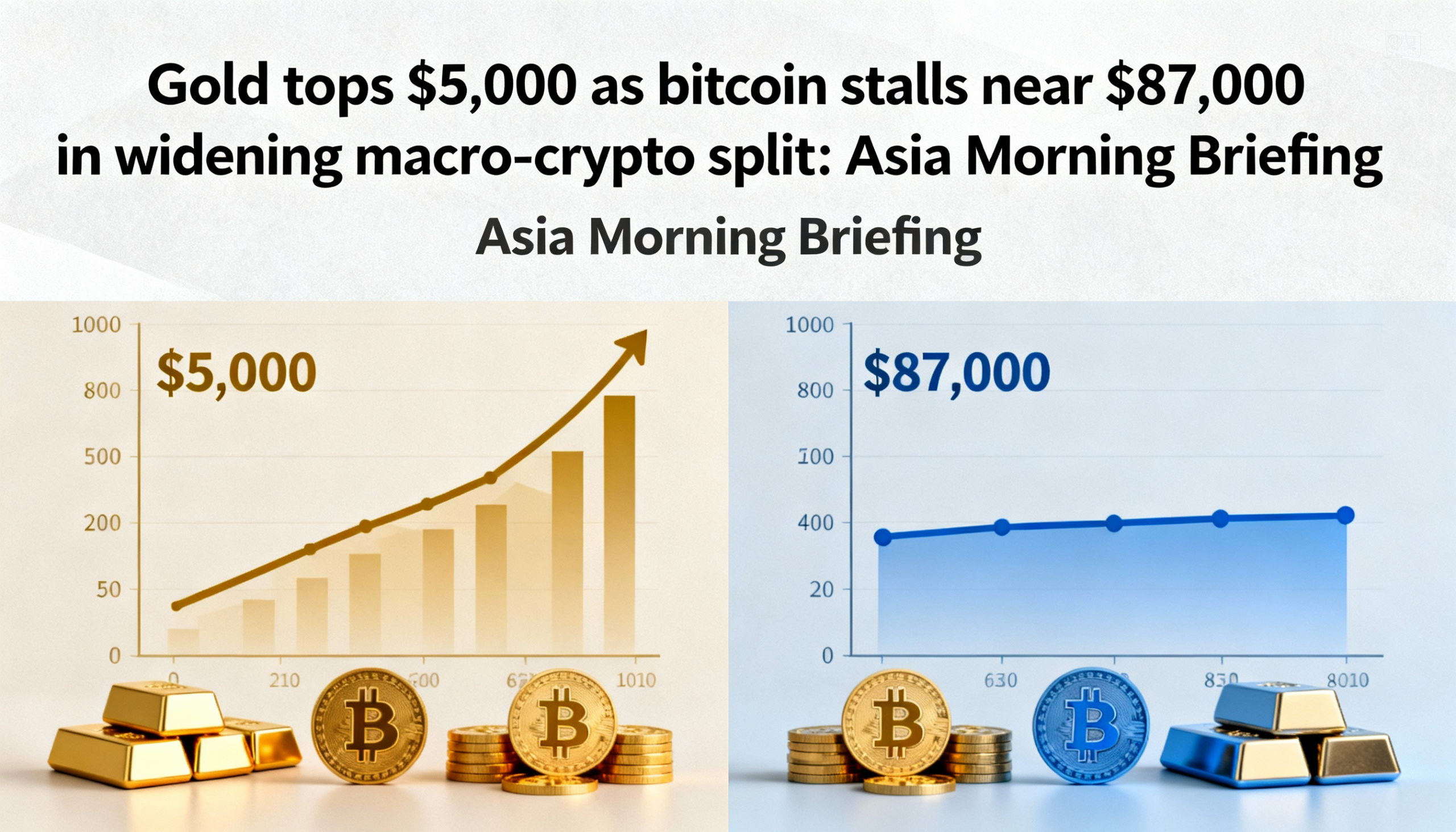Elon Musk Revives Debt Crisis Debate, Echoing Bitcoin Maximalists’ Longstanding Warnings
A concern once confined to Bitcoin forums and libertarian circles has now entered the mainstream—thanks in part to tech mogul Elon Musk.
The Tesla and SpaceX CEO recently took aim at the U.S. government’s mounting debt on X, specifically criticizing the Trump administration’s sweeping tax cuts, which are projected to expand the federal deficit by $2.4 trillion over the next decade.
His remarks come as the fiscal picture grows increasingly worrisome: the national debt now exceeds $36 trillion, and interest payments alone have ballooned past $1.13 trillion annually. In fiscal year 2024, the U.S. ran a $1.8 trillion deficit, raising fresh concerns over the sustainability of the country’s fiscal framework.
For years, Bitcoin maximalists have pointed to this very scenario as justification for crypto’s existence: the slow erosion of trust in fiat currencies and centralized monetary systems. Musk, it seems, is beginning to agree.
A Structural Problem, Not a Political One
What’s notable about the current moment is not just the scale of the debt, but the architecture behind it. Since 1939, when Congress implemented the first federal debt ceiling, the limit has been raised dozens of times to accommodate ever-growing obligations. The ceiling now stands at $36 trillion—a number that was almost unthinkable a generation ago.
To critics, this isn’t just unsustainable—it’s a signal that the underlying system is broken. Much like inflating a balloon indefinitely, the pressure must eventually release. Bitcoiners argue that fiat currencies—especially the U.S. dollar—are no longer underpinned by sound fiscal management but rather political expediency and artificially extended credit cycles.
The Fiat System’s Debt Addiction
A key point made by Bitcoin advocates—and one echoed in academic circles—is that modern monetary systems create money as debt. As detailed in writings from institutions like the Mises Institute, each new dollar emerges either from government borrowing or through the private banking system’s issuance of credit.
That means if all debts—public and private—were paid off, the money supply would contract dramatically. In this setup, money cannot exist without debt, and growth becomes dependent on ever-increasing leverage.
The implications are stark: when debt-to-GDP ratios surpass 100%, each additional dollar of borrowing yields less than a dollar in economic activity. This negative return on debt, once theoretical, is now an observable phenomenon in many advanced economies.
Market Implications: From Theory to Behavior
Musk’s public criticism may be more than just commentary—it could have tangible market impact. Investors and institutions may interpret it as a cue to reduce exposure to sovereign debt and U.S.-denominated assets, particularly if yields remain high and fiscal risks mount.
Indeed, there’s growing evidence that treasuries are no longer seen as the ultimate safe haven. Assets like gold, bitcoin, and other cryptocurrencies are increasingly viewed as long-term hedges against fiat instability. Corporate interest in digital assets is quietly but steadily rising, especially in treasury strategy.
Historical Playbooks and Crypto’s New Relevance
Economists like Russell Napier have argued that governments may intentionally allow inflation to erode the real value of debt—a tactic used after World War II to reduce debt burdens. By encouraging nominal GDP growth through controlled inflation, governments can lower debt-to-GDP ratios without drastic cuts in spending.
But this approach comes at a cost: devaluation of the currency, suppressed savings, and potential capital flight. In such an environment, decentralized assets that cannot be diluted or manipulated—like Bitcoin—gain appeal.
Other potential responses from governments include financial repression, stricter capital controls, and changes to monetary policy frameworks, all of which would boost the case for decentralized alternatives.
Time to Reconsider First Principles?
The problem may not be the dollar per se, but what it now represents: a political instrument rather than a store of value. Bitcoiners argue that money should be neutral, scarce, and independent of state influence—principles that are increasingly resonant in a world of trillion-dollar deficits and unbounded credit cycles.
If traditional systems continue to falter, we may witness a broader shift in how value is stored, transferred, and preserved. And if that happens, Bitcoin’s origin story—as a response to the 2008 financial crisis—could take on even greater historical significance.
In that sense, Musk’s warning is not just timely—it might be prophetic.





